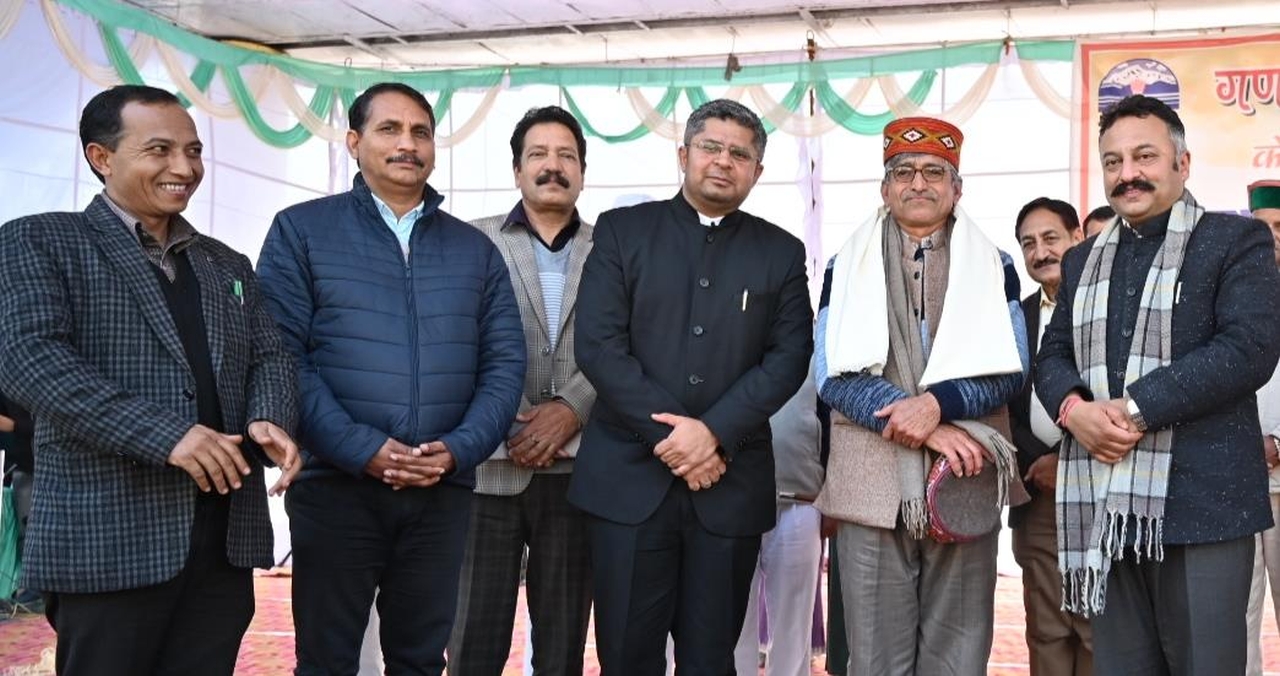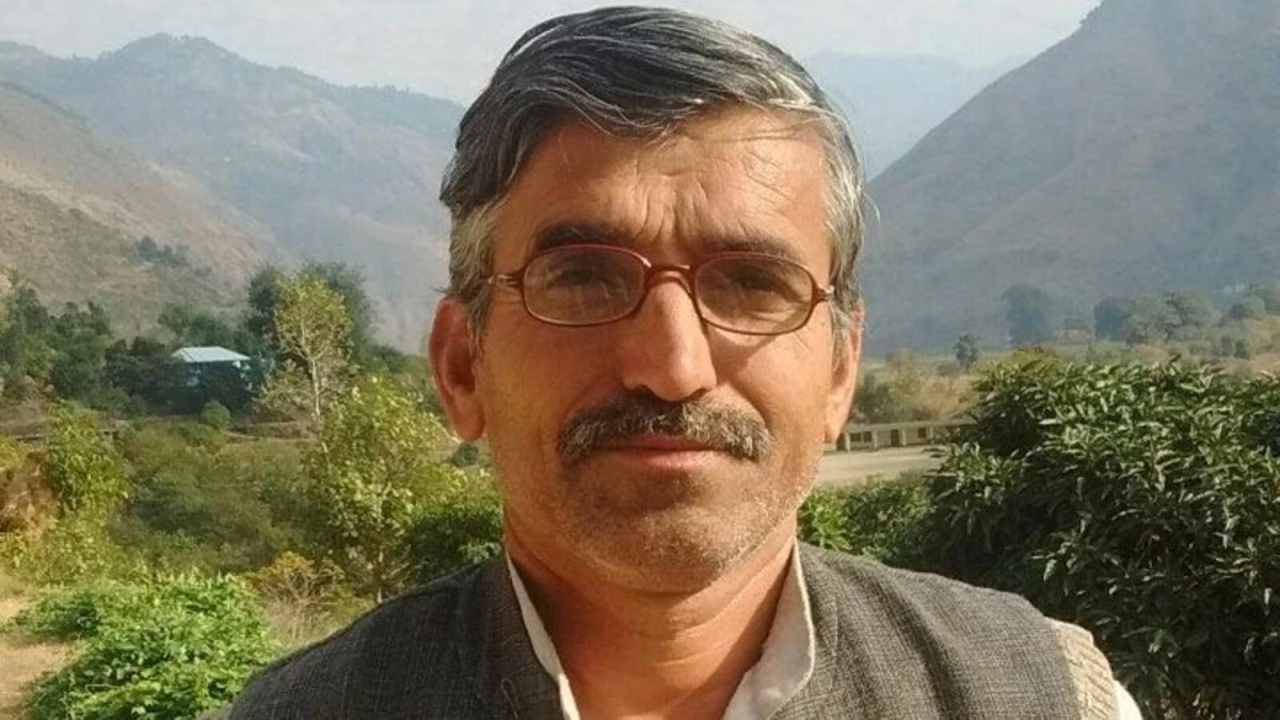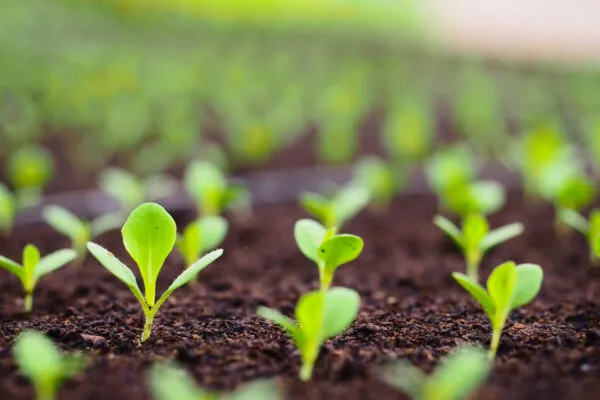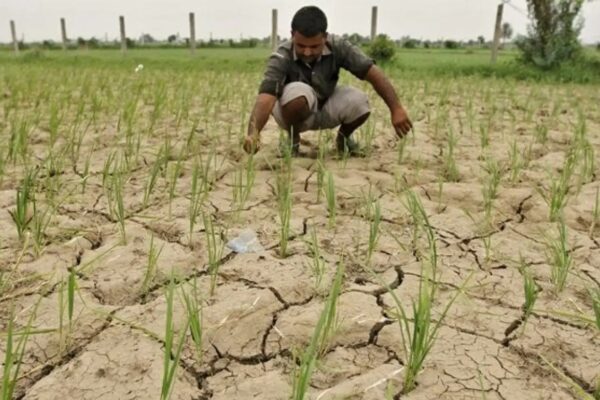Padma Shri Awardee Nekram Sharma Practices Organic Farming With Nine-Crop System
Mandi’s Nek Ram Sharma has been growing nine different grains through traditional intercropping

Image: Tribune
A resident of Karsog, Mandi district of India’s hilly state Himachal Pradesh, 59-year-old farmer Nekram Sharma has been bestowed with the fourth highest civilian award for his spectacular work in organic farming. Nekram Sharma is the sole Padma Shri awardee in the state this year. He has been organically growing crops through the traditional intercropping system for three decades. The national recognition of his work is an inspiration to all the farmers in a country where the majority of the populace is connected directly to the agricultural sector.
In the mid-1980s, he gave up on his attempts to secure a government job and took to farming. He used fertilisers and pesticides when he began growing fruits and vegetables, which the government subsidised to increase the yield. However, he realised that the crop yield was plummeting along with the soil fertility owing to the overuse of chemicals.
In the mid-90s, Sharma started to adopt organic farming practices. He did the due research before venturing in; he conferred with farm university scientists and met Subhash Palekar, the forerunner of ‘Zero Budget Natural Farming.’ While he knew that an abrupt switch to natural farming was neither possible nor healthy, he steadily got rid of chemical fertilisers in his land by the mid-2000s.
Sharma also learned about crop biodiversity and reintroduced the ancient ‘nau-anaj’ (nine crops) system in his farming land. He began growing a combination of cereals, lentils, creepers, legumes, millets and vegetables. Intercropping is a brilliant practice with numerous benefits such as strengthening climate resilience through higher plant resource efficiency and natural suppression of insects and weeds. It also helps the soil regain its nutritional content and increases crop yield.

Image: Hindustan Times
Sharma said;
In 1990, I started an Angora farm, which continued till 1995. I then switched to organic farming to revive the traditional crop system of nine foodgrains. By 2000, I made good progress and developed finger millet, foxtail millet, barn yard, proso millet, kodo millet, buck beat, sorghum and pearl millet. These traditional food grains were on the verge of extinction.
He also enlisted the rabi and kharif crops that can be cultivated together. He met numerous elderly farmers and journeyed across the state to gather more information about traditional farming practices. He said that natural farming helps earthworms and other microbes to flourish as they play a key role in cycling nutrients.
Sharma has been growing maize, moong, beans, rajma, urad dal, ram dana (amaranthus), finger millet, buckwheat, and foxtail millet under his intercropping system. He also has an orchard full of mango, pomegranate and litchi.
The United Nations General Assembly (UNGA) declared 2023 as the ‘International Year of Millets,’ a proposal supported by 72 countries, including India. Sharma applauded the initiative and told ANI;
People have become aware after the announcement of the International Year of Millets. Apart from being a nutritional powerhouse, millets can be stored for a long time…Earlier there were fewer diseases when people used to get food products directly from the jungles. Now, in order to earn money, people are involved in unethical practices which are causing a lot of diseases in the farm produce.
Aside from promoting natural farming practices, Sharma has a bank of 40 indigenous seeds that he distributes for free to the farmers who want to join his cause of chemical-free agriculture. He now hands out indigenous seeds to over 10,000 farmers in six states for free. Sharma has also been connected with the agriculture university scientists and Krishi Vigyan Kendra, Mandi for the past twelve years as he encourages organic farming techniques.
His contributions are a source of inspiration for India’s countless farmers who are battling dropping crop yield and depleting soil nutrition levels due to excess usage of chemical fertilisers. Moreover, Nekram Sharma winning the Padma Shri Award is a win for the hard work that Indian farmer toil in fields, regardless of the weather. Sharma’s method can be applied throughout the country at times when climate change is wreaking havoc on the agricultural sector.


